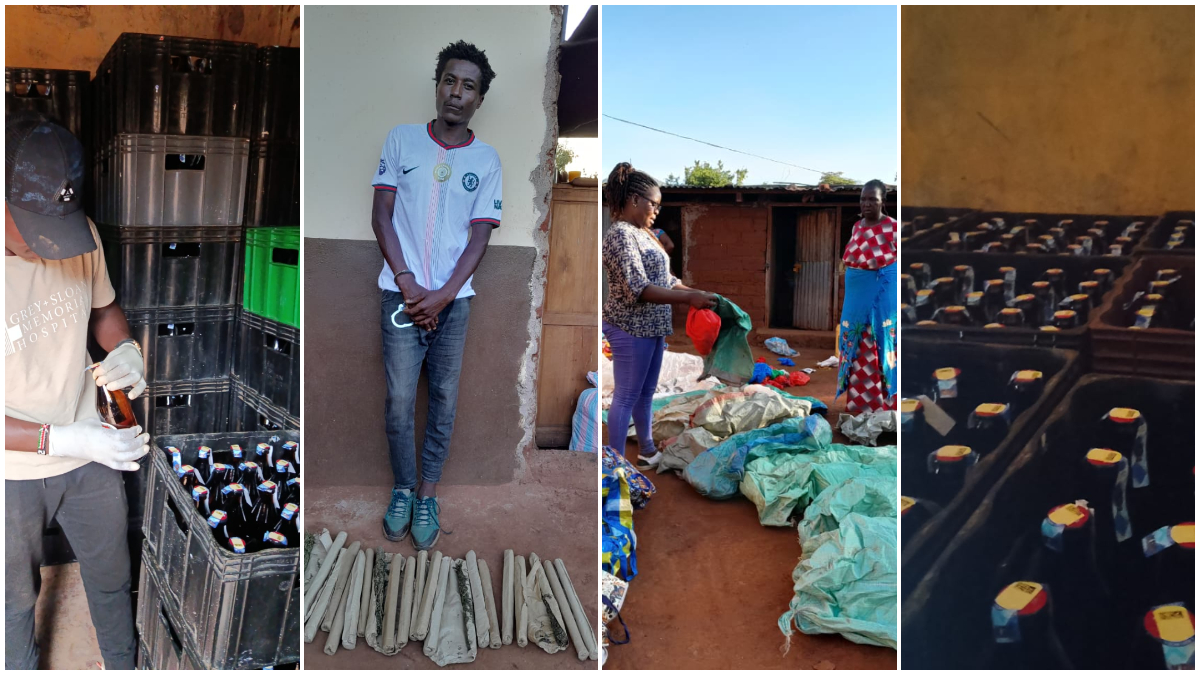The government’s plan to offload a 65% stake in the Kenya Pipeline Company (KPC) for an estimated Ksh 120 billion has prompted a strong response from political figures, notably aspiring Nairobi Governor and former KEMSA board chair Irungu Nyakera. His recent analysis in a post on his social media pages serves as a genuine historical warning that policymakers should not dismiss.
Echoes of the Telkom Debacle
Nyakera’s central concern is the striking similarity between the proposed KPC sale and the privatization of Telkom Kenya over a decade ago.
He recounts the 2007 transaction: the government first absorbed Ksh 40 billion of Telkom’s debt, then injected another Ksh 10 billion into the company, only to sell a majority 51% share to France Télécom for just Ksh 26 billion.
Nyakera highlights the painful outcome: “Within years, Telkom collapsed and the government had to buy it back at a loss. We lost money and control of a strategic asset.” This historical precedent underscores the risk of valuing quick revenue over long-term strategic control.
The Value of a Monopoly Lifeline
The critique emphasizes that KPC is in a unique class of asset. It holds a monopoly over the transportation and storage of fuel in Kenya, making it an essential piece of our national infrastructure.
He contends that the valuation is questionable and the stake proposed is too high. He also proceeds to note that the projected Ksh 120 billion price is what the government could raise by selling a minor 10% stake in Safaricom.
His key concern is the risk: “Selling it in haste risks handing over our energy lifeline to private or foreign interests.” For an aspiring city governor, securing the supply chain that fuels Nairobi and the rest of the country is clearly a paramount national security issue.
The Call for Prudence and the ‘Golden Share’
Nyakera has put forward a proposed alternative to the current approach;
- Retention of Control: He urges the government to be patient, sell at the right price, and critically, to not sell more than 50%. Retaining a majority stake ensures the government maintains a controlling interest in this critical sector.
- The Ultimate Safeguard: If, despite the warnings, a majority stake must be sold, Nyakera proposes the implementation of a “Golden Share.” This concept, famously used by Margaret Thatcher during the privatization of BP in the 1980s, is designed to protect national interests. As Nyakera defines it, a Golden Share “gives the state power to veto ownership or asset changes that threaten national security and public interest.”
The debate over KPC’s privatization should focus less on the immediate funds and more on the permanent surrender of control over a vital national asset. Nyakera’s analysis is a timely reminder that short-term financial gain must not supersede long-term strategic sovereignty.












